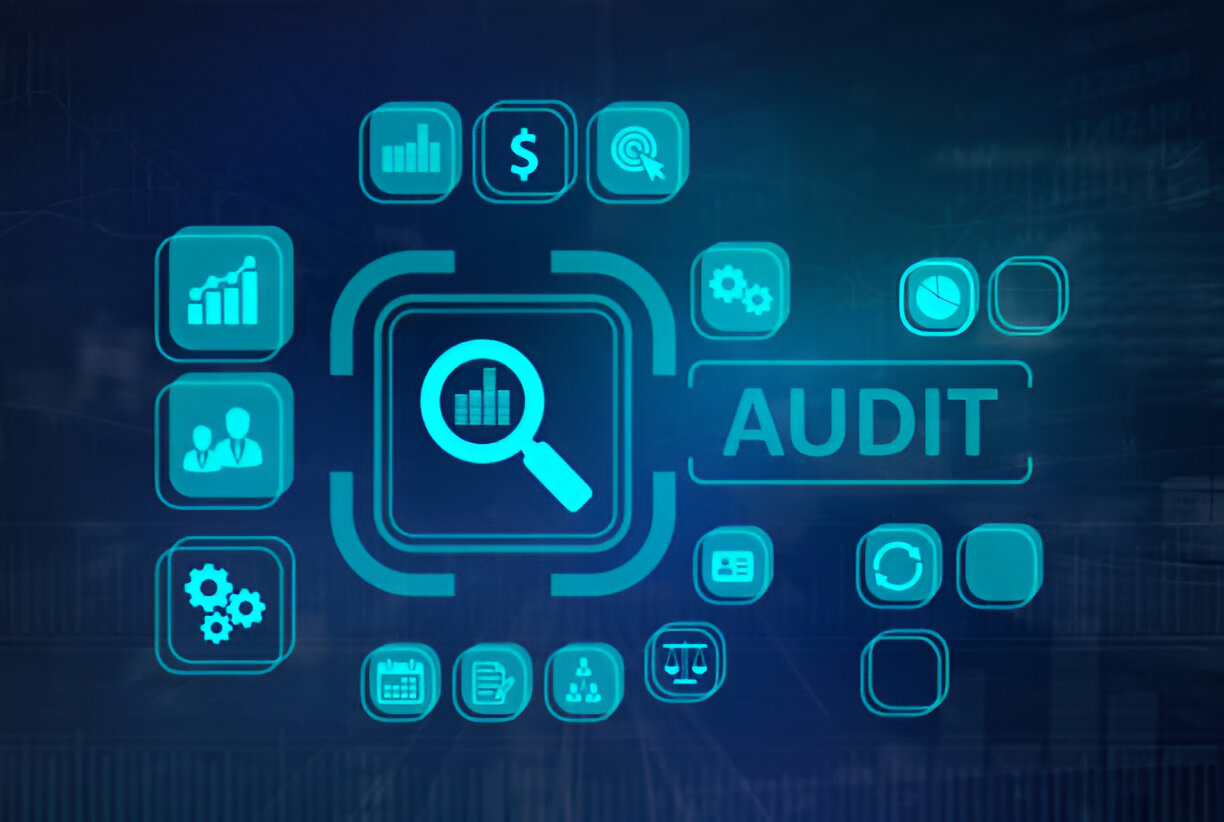By Dave Wyle
In the early days of the artificial intelligence (AI) revolution, years before ChatGPT captivated us with the ability to generate images, code and text, there was a great deal of trepidation in the tax and accounting field about what the growth of AI would mean for the future of the industry. One prediction in 2015 suggested that about a quarter of jobs would be replaced by 2025, with accountants and auditors near the top of the list of at-risk professions. A few years later, a New York Times headline warned: “The robots are coming for Phil in accounting.”
Today, as we sit in the future that was being projected in those slightly sensational forecasts, tax, accounting and audit professionals are still very much alive, and very much in need. But the industry is facing a crisis. According to the latest Thomson Reuters Audit Survey, 68% of accounting firms said they are currently struggling to hire qualified talent, and 74% said their inability to attract and retain skilled professionals is a hurdle to achieving their strategic goals.
Navigating the Complexity Economy
The issue is not being caused by robots or automation. It’s about complexity. Today’s tax, accounting and audit professionals are being tasked with helping their firms navigate an increasingly complex web of intertwined details that incorporate everything from tariffs to regulatory reforms. It should come as little surprise, then, that some 140 U.S. public companies had to withdraw and reissue their financials last year due to serious errors that were caught after the fact.
Meanwhile, just as demand for skilled professionals is reaching a fever pitch, retirements from the industry are hitting record highs and the number of people taking the CPA exam is hitting record lows. The industry’s reputation for long hours, tedious, repetitive work and lack of clear career growth opportunities are exacerbating the problem.
Contrary to those early predictions about AI, technology has emerged as the one thing that can reverse these trends and save the industry. Already, forward-thinking firms are recognizing that technology adoption and digital transformation of their tax, accounting and audit functions is having a profound impact on the quality of work their teams produce, and the sense of purpose and on-the-job fulfillment their employees experience.
AI Proves its Place in Audit Workflows
Need proof? Consider the results of a recent study, which compared the performance of novice auditors and experienced auditors using generative AI (GenAI) for a series of fraud risk assessment tasks versus that of novice and experienced auditors who did not use GenAI. It found that novice auditors with access to GenAI identified more relevant fraud risks than experienced auditors without GenAI. However, experienced auditors using GenAI still outperformed novices with GenAI, indicating that GenAI combined with audit expertise further enhances fraud risk identification.
The experiment proves the point that AI will not replace auditors, but that auditors using AI will dramatically outperform those who do not use the technology.
Unlocking Growth Opportunities
Perhaps more important than the topline statistics, though, is the sense of empowerment and purpose this performance enhancing technology unlocks for auditors. Armed with the confidence that they are able to scrutinize every single line item, each anomaly and inconsistency, and then apply their own expertise to interpret those patterns, GenAI-assisted auditors are able to spend their time adding value instead of scanning reams of text.
Many firms are beginning to see the potential here. According to our survey, 57% of firms are currently looking to implement AI in data extraction functions and 38% are exploring its use for anomaly detection. However, there is still a long way to go. Currently, just 12% of accounting firms describe their current level of digital transformation as well underway, and a minority of audit professionals believe their firms are harnessing currently available technology to its fullest potential.
It is clear from the data, and from the first-hand accounts of tax, accounting and audit professionals, that the idea of expanded use of GenAI is being embraced by the industry. The unfounded fears from a decade ago have been replaced by a recognition that technology will be the key to helping audit professionals overcome many of the biggest challenges they currently face. Now comes the hard part: getting over the technology adoption and integration hurdles faster than the competition.
Fortunately, the widespread growth of GenAI-powered tools for audit firms has made it possible to scale quickly. For firms that have not yet committed to adapting, however, the performance gap with firms that have will soon start to reveal itself.
–==-
Dave Wyle is General Manager of Audit at Thomson Reuters.
Thanks for reading CPA Practice Advisor!
Subscribe Already registered? Log In
Need more information? Read the FAQs
Tags: Accounting, Technology




